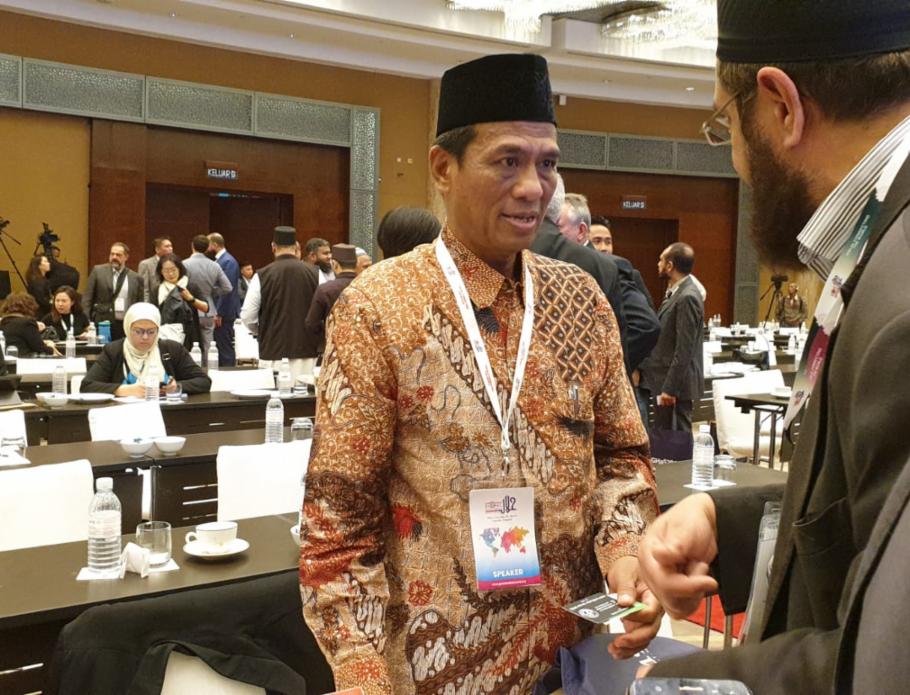
Indonesia’s new halal agency to use four Islamic banks, including for investment of certification fees
JAKARTA - The Indonesian government’s new halal authority BPJPH will use the facilities of four Islamic banks to manage its funds and finances, its director general, Sukoso, told Salaam Gateway.
The national-level halal authority will use facilities provided by BRI Syariah Bank, Mega Syariah Bank, Syariah BJB Bank, and DKI Syariah Bank.
“Official Islamic banks that are mandated by us or the ministry of finance can manage funds related to BPJPH activities, such as halal certification fees and so on,” said Sukoso.
The banks will also manage the investment of BPJPH’s deposits, which include fees for halal certification.
Certification fees for small- and medium-sized companies (SMEs) will range from 1 million rupiah ($71) to 1.5 million rupiah per application per product group. Bigger companies could pay three times more.
There are around 60 million SMEs operating in Indonesia.
The government told local media in February it expects to raise 22.5 trillion rupiah ($1.6 billion) in revenue annually from halal certification.
Sukoso hopes BPJPH’s business with the banks can help boost the growth of the halal and Islamic finance industries.
“We hope these Islamic banks can boost the growth of the competitive halal industry, in accordance with their tasks and functions as banks,” Sukoso said.
He believes Islamic banks stand a chance to significantly increase their market share from the current estimate of 8 per cent to 15 per cent in the next five years if they can tap into the halal industry.
He stresses the importance of SMEs in the halal ecosystem.
"Not only large and medium companies, the role of banks is also expected to be able to support SME players in order to optimise their productivity,” said Sukoso.
BPJPH will overlook an industry where halal certification will become mandatory for products that are halal. Indonesia currently operates a voluntary opt-in system for halal certification.
The authority will officially start its duties on October 17 when it will take over the role of halal certifier from the country’s top Muslim clerical body Majlis Ulama Indonesia (MUI).
($1 = 14,026 Indonesian rupiah)
(Reporting by Yosi Winosa; Editing by Emmy Abdul Alim emmy.alim@refinitiv.com)
© SalaamGateway.com 2019 All Rights Reserved
